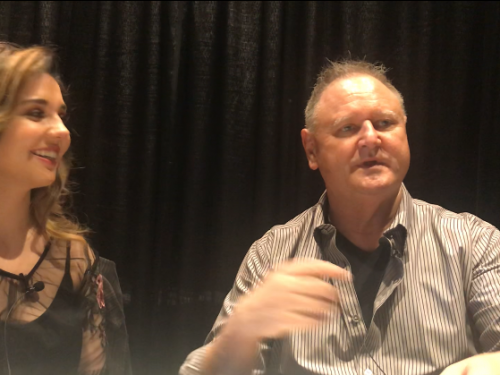
Songwriting is a creative and fulfilling process. Here are some tips to help you write your first hit song:

1. Find inspiration: Take time to explore various sources of inspiration, such as personal experiences, emotions, current events, books, movies, or even other songs. Inspiration to write a song can come from anywhere, so keep an open mind.
2. Decide on the theme and message: Determine the main idea or message you want to convey through your song. This will help guide your lyrics and music.
3. Choose a song structure: Most hit songs follow a familiar structure, such as verse-chorus-verse-chorus-bridge-chorus. However, you can also experiment with different structures or create your own. Decide how you want your song to flow.
4. Write the lyrics: Start by writing down your thoughts, emotions, and ideas related to your chosen theme. Play around with different words, phrases, and rhymes. Experiment with metaphors or storytelling techniques. Don’t worry about perfection at this stage; just let your creativity flow.
5. Create the melody: Once you have some lyrics, think about the melody. It can help to hum or sing your lyrics as you go along. Play around with different melodies, chord progressions, or rhythms to find what resonates with your message. Consider the mood you want to convey and how it fits with the lyrics.
6. Develop the arrangement: Think about the arrangement of instruments and the overall sound you want for your song. Experiment with different instruments, dynamics, and textures to create the desired atmosphere.
7. Refine and edit: Once you have a draft of your song, take time to refine and edit. Pay attention to the flow of the lyrics, the structure, the melody, and the overall coherence of the song. Revisit and revise as needed.
8. Seek feedback: It’s helpful to get feedback from others. Share your song with friends, family, or fellow musicians and ask for their input. They may offer suggestions or perspectives that can enhance your song.
9. Practice and perform: Once you’re satisfied with your song, practice performing it. Fine-tune your delivery, work on your dynamics, and experiment with different interpretations. Consider performing your song in front of others to gain experience and confidence.
Conclusion: Remember, songwriting is a personal and creative process, so there are no strict rules. Trust your instincts, have fun, and don’t be afraid to experiment and take risks. With practice and persistence, you’ll continue to develop your own unique songwriting style, and you can write a hit song.












